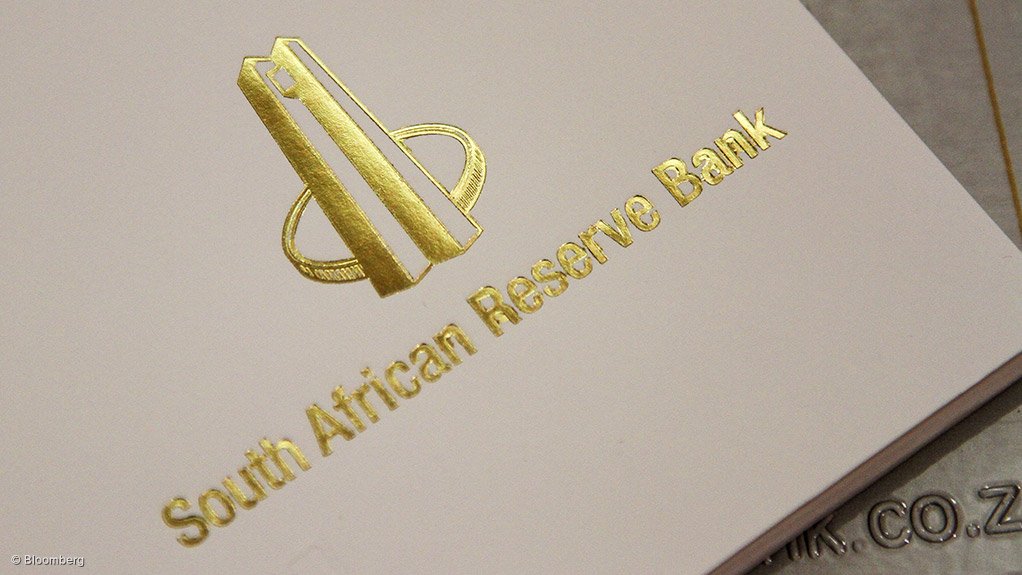A year ago, the South African Reserve Bank (SARB) was keeping an eye on what it mostly referred to as the "Russia-Ukraine conflict" in a general kind of way. In its formal review of risks to South Africa's financial stability risks at the time, it listed "the possible impact of the Russia-Ukraine conflict on financial stability". It was at the bottom of a list topped by Covid-19 and including local unrest and climate change.
There was no mention of sanctions.
On Tuesday, the Bank said it was now watching for a direct impact from the war on the South African financial system, by way of an expression of anger by Western nations.
"The risk of secondary sanctions being imposed on South Africa amid the ongoing geopolitical polarisation resulting from the Russia-Ukraine war has increased," said the SARB in its annual report. "Should these risks materialise, it would exacerbate the challenge of declining domestic financial market depth and liquidity."
In the time between those risk assessments, the USA imposed sanctions on a South African flight school – because of its relationship with China – and, last week, an American legislator proposed that South African companies should be banned from benefiting from the reconstruction of Ukraine.
The possibility of sanctions that could affect the banking system rather than just, say, construction companies, came up in the diplomatic fight about the supposed transfer of South African weapons to the Russian ship Lady R. But the US made it clear that cutting South Africa out of the African Growth and Opportunity Act (AGOA) would come first.
Should sanctions be imposed, though, the result could be a "catastrophic" financial crisis for South Africa, the SARB warned in its financial stability review in May, especially if it is banned from transactions in not only dollars but also in British pounds and euro.
Beyond a sudden problem with payments, the Bank said, SA is highly dependent on investment inflows to fund its trade deficit, and that money comes mostly from the US, EU, and UK – Russia's most implacable foes.
Even so, that is not the Bank's biggest worry.
Loadshedding is still worse
Being cut off from the financial markets of NATO powers would be a disaster – but South Africa is more vulnerable to the consequences of its "insufficient and unreliable electricity supply", which now tops its list, the SARB said in its annual report released this week.
Electricity plays into financial stability in various ways, the SARB has said previously. A lack of power to ATMs and cellphone networks will hobble that system. Loadshedding drives inflation, and undermines investor confidence. It also threatens the financial viability of municipalities, which could both cost the central government more and make for worse service delivery.
Then there is the broad socio-economic impact.
"Sustained insufficient and unreliable electricity supply is a significant drag on economic growth, which entrenches and contributes to the challenge of slow and inequitable domestic growth," said the SARB.
As with sanctions, the Reserve Bank is required to prevent such trouble; it is "legally obliged to take steps to avoid the materialisation of such a risk", it said in May. It is not clear how it can achieve that, short of sounding the alarm.
That holds true for many of the other risks it identified in the past year, which are:
- slow and inequitable domestic growth
- a sharp repricing in government debt
- global stagflation and the rapid tightening of financial conditions
- the consequences of greylisting, or, formally, "the adverse findings of the Financial Action Task Force (FATF) Mutual Evaluation of South Africa"
- cyberattacks on financial institutions and market infrastructures
- climate change, in both its physical and transition effects
EMAIL THIS ARTICLE SAVE THIS ARTICLE
To subscribe email subscriptions@creamermedia.co.za or click here
To advertise email advertising@creamermedia.co.za or click here











